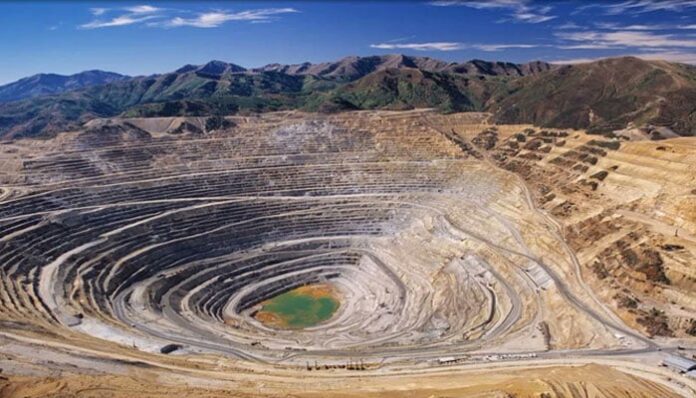Following approval from Pakistan’s top court and parliament, Canadian mining company Barrick Gold Corporation (BGC) announced on Friday that it has finished reconstituting one of the largest undeveloped copper-gold mines in the world.
In order to restart the Reko Diq mining project and resolve a protracted $11 billion dispute, Pakistan signed the final agreement with Barrick and Antofagasta PLC representatives in London on Thursday.
The development came after the government received a “favourable opinion” from the Supreme Court on the settlement agreement and the required legislation was passed into law.
Following the agreement, Reko Diq will be owned 50% by Barrick; 25% by three state-owned enterprises—the Oil and Gas Development Company Limited (OGCDL), Pakistan Petroleum Limited (PPL), and Government Holdings Private Limited (GHPL); 15% by Balochistan on a fully funded basis; and 10% by the province on a free-carried basis.
In a statement, Barrick president and chief executive Mark Bristow said completion of the legal processes was key for the development of Reko Diq into “a world-class, long-life mine,” which would substantially expand the company’s copper portfolio and “benefit its Pakistani stakeholders for generations to come.”
Bristow said that Reko Diq would not only contribute to Pakistan’s economy but also have a transformative impact on the underdeveloped Balochistan province, with 7,500 jobs expected to be created during peak construction and around 4,000 long-term jobs once it reaches the production phase.
“We’re making sure that Balochistan and its people will see these benefits quickly.”
Starting early next year, Barrick will implement a range of social development programs, prioritising the improvement of healthcare, education, vocational training, food security, and the provision of potable water.
“Our investment in these is expected to amount to around $70 million over the feasibility and construction periods,” he said.


